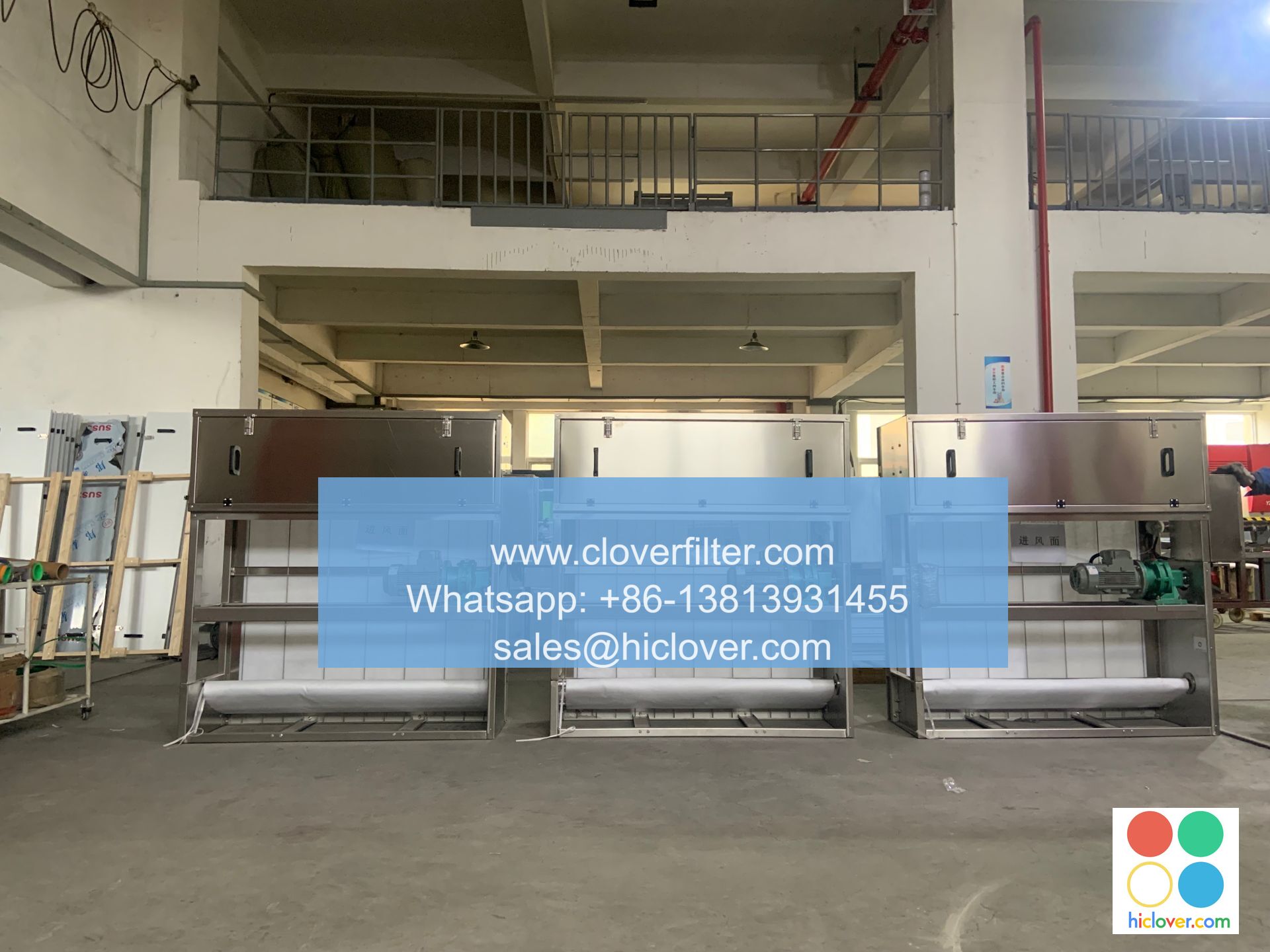Air Filter Maintenance for Allergies: A Tutorial on Reducing Symptoms

Air filter maintenance is a crucial aspect of reducing allergy symptoms, particularly for individuals suffering from respiratory issues such as hay fever, asthma, and rhinitis. In this article, we will delve into the world of air filtration, exploring the importance of HEPA filters, activated carbon filters, and ultraviolet (UV) light technology in minimizing allergy symptoms.
Understanding Allergies and Air Quality
Allergies occur when the body’s immune system overreacts to harmless particles such as pollen, dust mites, pet dander, and mold spores. These particles can become airborne, exacerbating respiratory issues and triggering allergic reactions. Poor air quality can further aggravate symptoms, making it essential to maintain a clean and healthy indoor environment.
The Role of Air Filters in Allergy Relief
Air filters play a vital role in removing allergens and pollutants from the air, thereby reducing symptoms. High-Efficiency Particulate Air (HEPA) filters are particularly effective in capturing 99.97% of particles as small as 0.3 microns, including dust, pollen, and other allergens. By incorporating HEPA filters into your air purification system, you can significantly improve indoor air quality and alleviate allergy symptoms.
Types of Air Filters for Allergy Sufferers
Several types of air filters can help reduce allergy symptoms, including:
* HEPA filters: Ideal for removing dust, pollen, and other particulate matter
* Activated carbon filters: Effective in eliminating volatile organic compounds (VOCs), odors, and gases
* Ultraviolet (UV) light technology: Useful in killing bacteria, viruses, and mold spores
* Ionizers: Can help remove particles and odors from the air
Maintenance and Replacement of Air Filters
Regular maintenance and replacement of air filters are crucial to ensure optimal performance and effectiveness. Dirty or clogged filters can reduce airflow, increase energy consumption, and decrease the overall efficiency of the air purification system. It is essential to:
* Check and replace filters every 3-6 months
* Clean filters regularly, if possible
* Monitor air filter performance and adjust maintenance schedules accordingly
Application Areas for Air Filter Maintenance
Air filter maintenance is essential in various application areas, including:
* Home air purification systems
* Commercial HVAC systems
* Industrial air cleaning systems
* Automotive air filters
* Portable air purifiers
By prioritizing air filter maintenance and investing in high-quality filters, individuals can significantly reduce allergy symptoms and improve overall indoor air quality. Remember to consult with a healthcare professional or indoor air quality specialist to determine the best course of action for your specific needs.
Conclusion
In conclusion, air filter maintenance is a critical component of allergy relief, and understanding the importance of HEPA filters, activated carbon filters, and UV light technology can help individuals make informed decisions about their indoor air quality. By applying the knowledge and tips outlined in this article, you can take the first step towards reducing allergy symptoms and creating a healthier, more comfortable living environment. It looks like you didn’t provide a prompt. Could you please give me something to work with? I can help with a wide range of topics, from answering questions to generating creative content. What would you like to talk about or work on?

